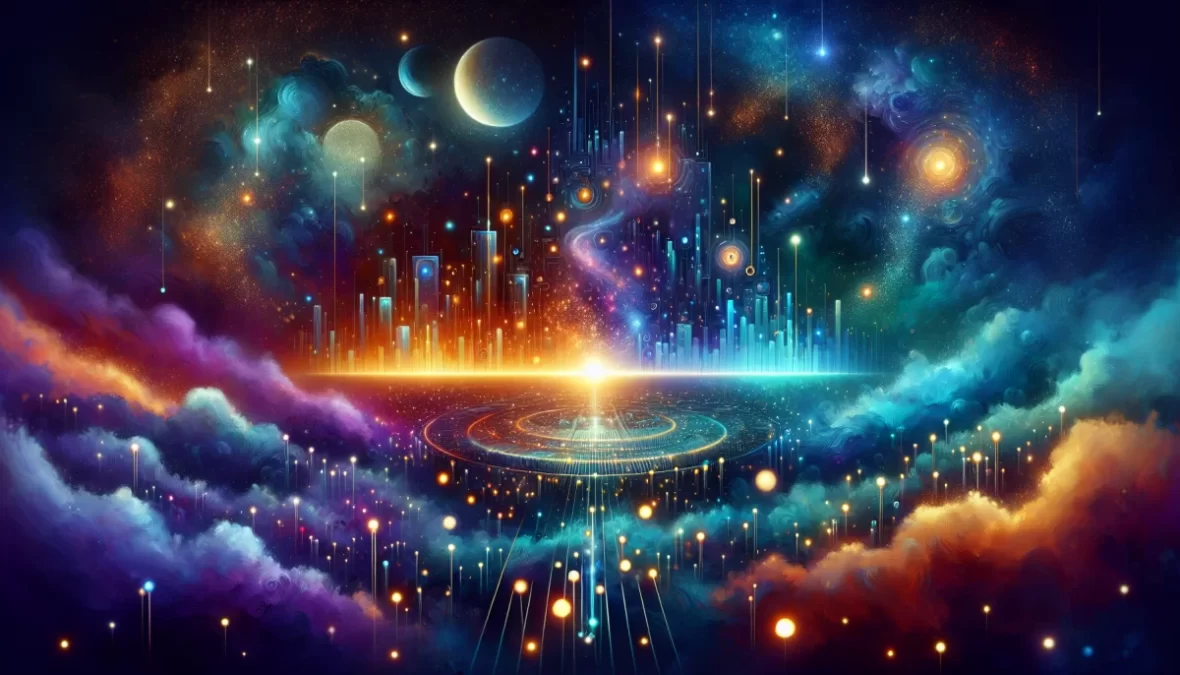The fusion of artificial intelligence and music is rapidly transforming how we create, experience, and think about music. AI music encompasses a broad range of technologies that generate melodies, harmonies, lyrics, and even soundscapes, opening new horizons for musicians, producers, and listeners worldwide.
Introduction to AI Music
AI music refers to the use of machine learning algorithms and neural networks to compose, produce, and manipulate musical content. From algorithmic composition to automated lyric generation, AI-driven tools enable unprecedented creativity and productivity in the music industry.
Key Developments in AI Music
1. AI-Generated Composition
Modern AI models, such as OpenAI’s MuseNet and Google’s Magenta, can compose original pieces in various genres and styles. MuseNet, for example, uses deep neural networks trained on millions of MIDI files, enabling it to generate complex orchestral pieces or popular music with multiple instruments seamlessly.
2. Automated Lyric Creation
Natural Language Processing (NLP) models like GPT-4 have been adapted to write song lyrics that are coherent, emotive, and stylistically diverse. These AI systems help songwriters overcome creative blocks by offering fresh lyrical ideas and structures.
3. Personalized Soundscapes and Adaptive Music
AI is revolutionizing sound design by generating adaptive soundscapes tailored to individual preferences or contexts, such as enhancing focus during coding or relaxation during meditation. Companies like Endel use AI to produce personalized generative music that reacts dynamically to environmental factors like time of day and heart rate.
Real-World Applications and Case Studies
- Industry Adoption: Artists such as Taryn Southern and Holly Herndon integrate AI-generated music into their albums, blending human creativity with AI’s capabilities.
- Media and Gaming: AI-generated scores are increasingly used in films, commercials, and video games to create immersive and dynamic audio experiences at scale.
- Music Therapy: Initial studies suggest AI-generated music can be customized for therapeutic uses, improving mental health outcomes by adjusting tempo and mood to listener needs, as reported by the Journal of Music Therapy (2023).
The Future of AI Music
According to a 2024 industry report by MIDiA Research, the AI music market is expected to grow at an annual rate of 26%, reaching $1.5 billion by 2027. The continuing evolution of AI music technologies promises more collaborative tools, enhanced creativity, and democratization of music production, allowing people with no formal training to compose professional-quality music.
Challenges and Ethical Considerations
While AI music offers exciting opportunities, it raises issues about copyright, originality, and the role of human artists. Ensuring transparency in AI-generated content and addressing potential biases in training datasets remain critical topics as the field advances.
Summary of AI Music Innovations
- AI composition tools create complex multi-instrumental pieces.
- Natural language models generate meaningful song lyrics.
- Personalized soundscapes support productivity and wellness.
- Industry integration spans entertainment, therapy, and media production.
- Market growth forecasted to surge with expanding applications.
- Ethical and legal challenges require ongoing dialogue and regulation.
In conclusion, AI music is reshaping the boundaries of musical creativity and consumption, making it an essential area of exploration for musicians, technologists, and enthusiasts alike.
